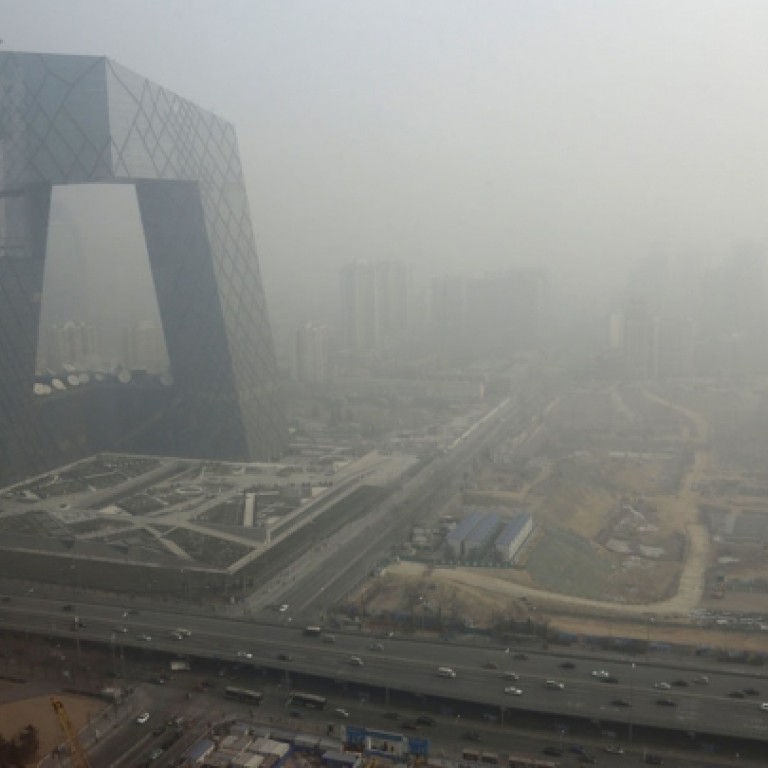
Breathe easy, smog is not key issue facing China recruiters
The main concern, a hiring specialist says, is the need to find people – foreigners or locals – who can make a real contribution to a business
Is air pollution really the most important reason some foreign executives are considering for leaving China? Let’s continue the debate.
I received about 100 comments from readers, who were roughly evenly divided on the issue. Soon afterwards, I happened to meet an expert on international relocation and asked him for his thoughts.
You may not have heard of a firm called Egon Zehnder, but those in the chief executive’s suite will know it well. It is one of the very few headhunting firms that focus on those top-level positions for some of the world’s most important firms.
I met Claudio Fernandez-Araoz, one of the Egon Zehnder’s senior partners, during a visit by him to Hong Kong, and we talked about the latest hiring trends in China.
Fernandez-Araoz, who wrote the best-selling book Great People Decisions and was once invited by the Chinese government to advise on the process of selecting and promoting officials, said his firm still received a lot of inquiries from senior industry people who wanted to pursue job opportunities in China, signalling the country was not losing its attractiveness, let alone scaring away people because of air pollution.
He said people went for job opportunities for various reasons, but there were two major ones – industry outlook and money.
Environmental issues may be one of many factors people take into account when deciding on a job offer, in particular when they are married and have children, but to blame air pollution as the top reason to leave China sounded like “nonsense”, Fernandez-Araoz said.
After all, China is already past the phase when companies believe they need to hire a foreign manager or expert to help them improve their management or boost business performance. The rest of the world needs China more than it needs the rest of the world.
For example, a leading Chinese technology firm once grabbed a Western manager from an American counterpart to be the global chief executive of the mainland-based firm.
Unfortunately, that didn’t work. Business didn’t go well and the stock price fell. Share prices rebounded when a home-grown, long-time in-house manager took over and put the company back on the right track, Fernandez-Araoz said.
“Today, the best is not to say I’ll get a foreigner or I’ll get a local [to run the company]: you need to look at a big pool of talents,” he said. “Local or foreigner? You should see who fits your plan the best.”
Think about the financial industry and what happened on Wall Street and caused the 2008 global financial crisis. It would be weird if the CEOs of HSBC or Bank of America Merrill Lynch believed they had something to teach their counterparts in China about how to control risk and make shareholders happy.
From that perspective, it’s not about whether one leaves China because of air pollution but more about how one can make a real contribution to business in China.
George Chen is the Post’s financial services editor. Mr. Shangkong appears every Monday in the print version of the SCMP. Like it? Visit facebook.com/mrshangkong

